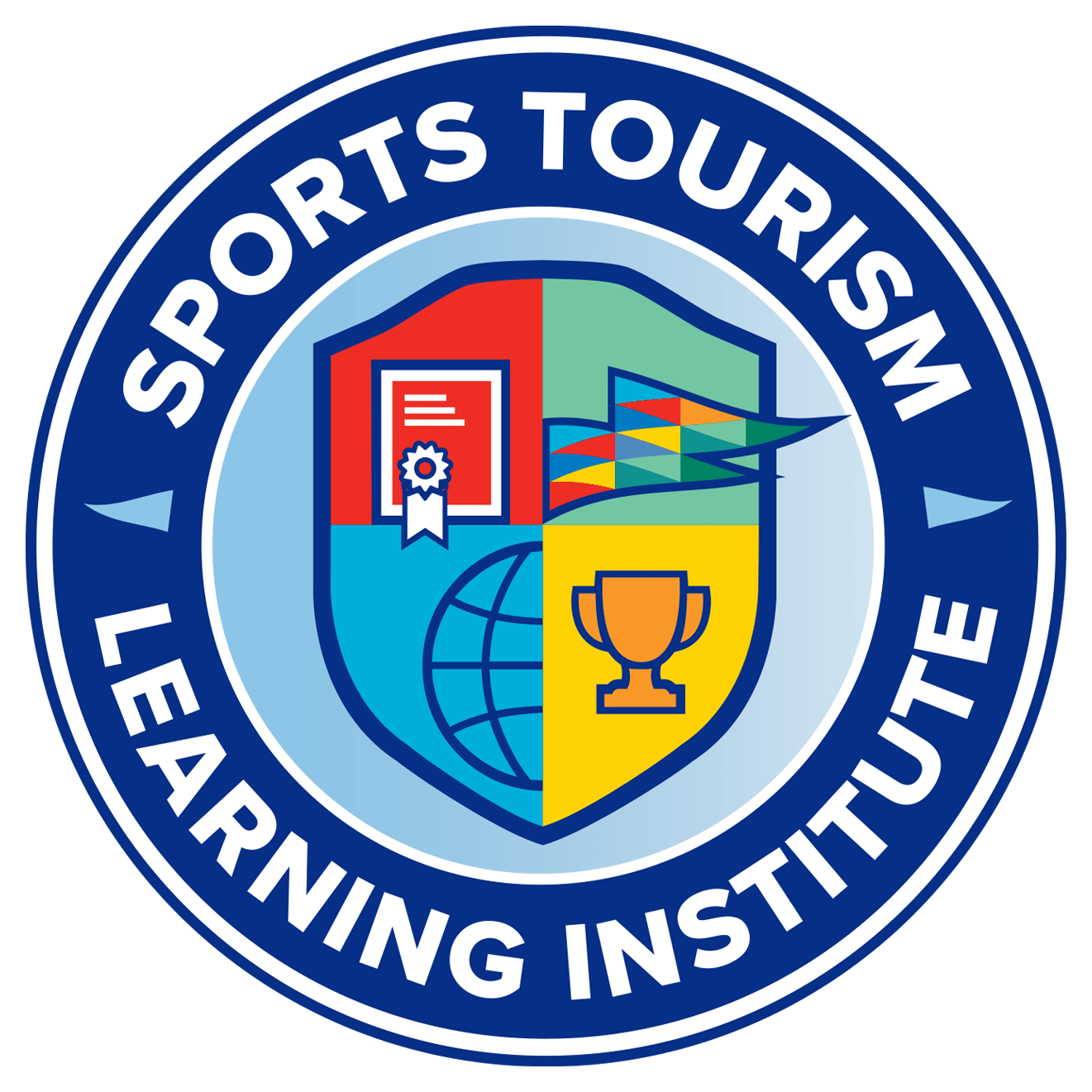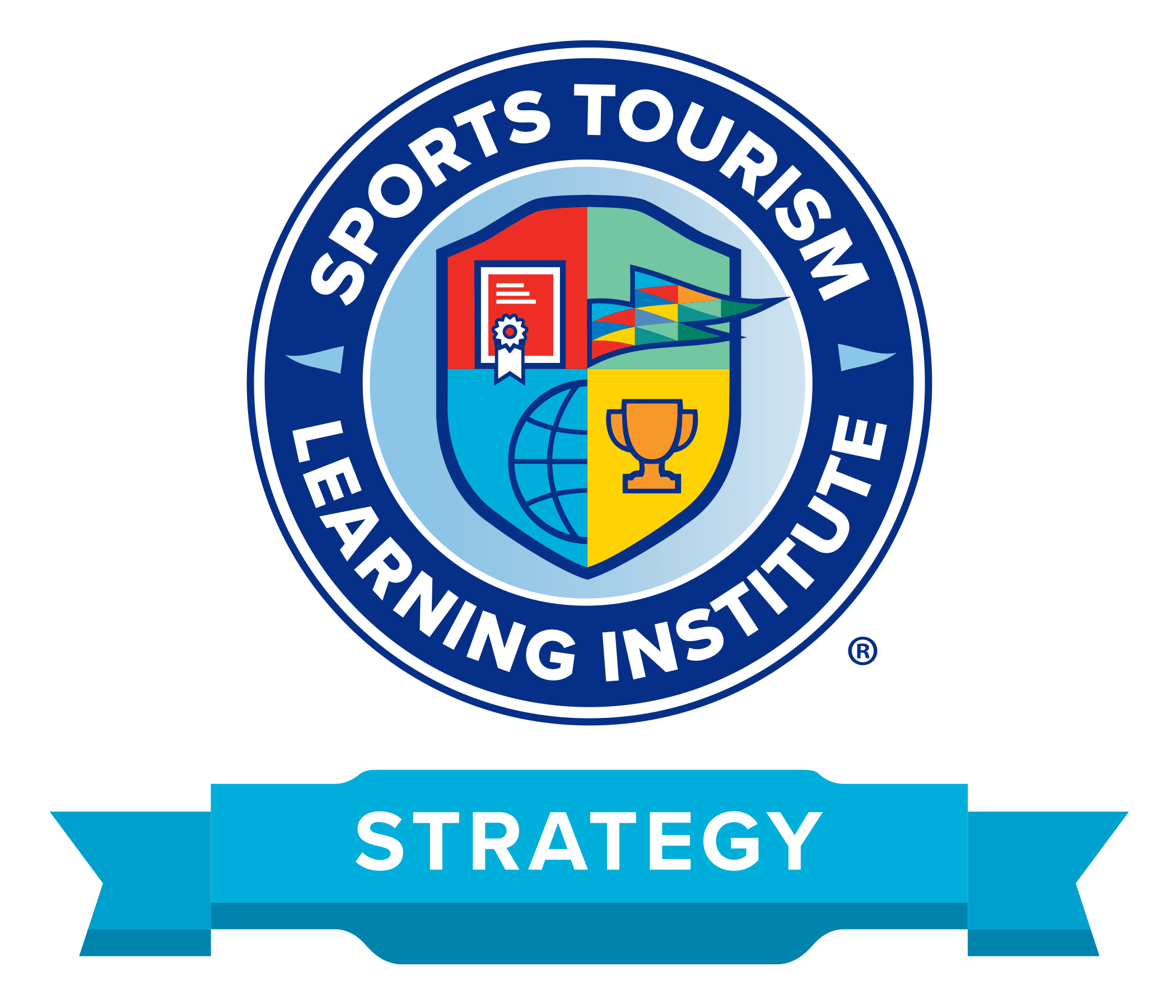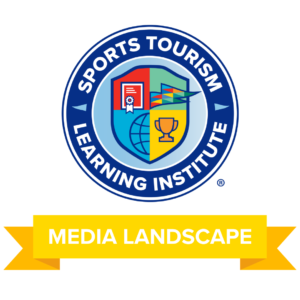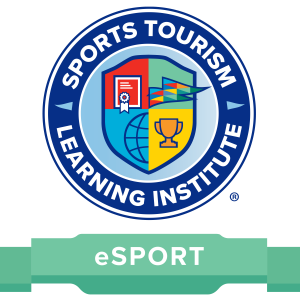Sports Tourism Business Strategy
$499.00
Led by seasoned industry strategists, this five-part course will provide all the fundamentals necessary to chart and implement a clear strategy for your sports events and tourism initiatives.
$399 sportseta Member
$499 Non-sportseta Member
Overview
Led by seasoned industry strategists, this five-part course will provide all the fundamentals necessary to chart and implement a clear strategy for your sports events and tourism initiatives. You will be guided step-by-step through basic elements of strategy, a proven framework for success, establishing your “why,” prioritization of tasks, and implementing your strategy to ensure success.
Credits
You will earn 4 credits towards your STS Designation.
After completing this course, you will be able to:
- Differentiate between strategy and tactics when developing a strategic action plan.
- Apply the Sports Events Strategy Framework to effectively identify and attract events that will be rewarding, successful, and memorable.
- Use philosophical foundations and organizational goals to develop a strategic and comprehensive approach to event planning for your organization or city.
- Formulate clear goals and organizational structure to assemble a successful sports event utilizing all Sports Event Strategy Framework components.
- Implement your strategic plan and evaluate its success.
Learn More
Review the Sports Tourism Business Strategy Course Overview to learn more about the industry experts leading this course and course session topics.
If you would like to use an existing Sports ETA credit (or coupon code) to purchase education courses, please contact info@sportseta.org and we will be glad to assist.
1 review for Sports Tourism Business Strategy
You must be logged in to post a review.






Brian Persky (verified owner) –
Great course. I took this in alignment with our organization building a new long-term strategy and this was exceptionally helpful when considering the sports-specific strategy I was responsible for creating. Lots of great takeaways.